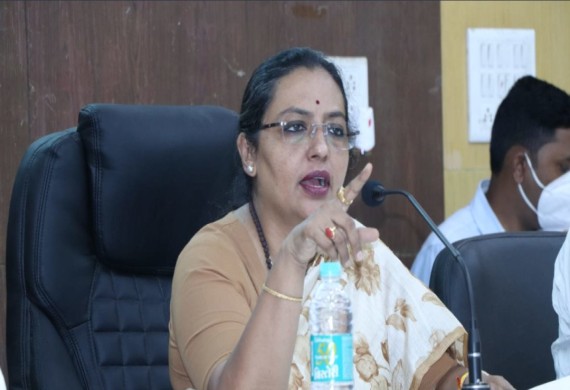
The Maharashtra government prepares draft for women's empowerment policy
By: WE Staff | Thursday, 3 March 2022
According to Maharashtra Minister Yashomati Thakur, the state government has drafted a new women's empowerment strategy that takes a holistic approach to gender equality.
Recognizing the importance of equal gender relations, the policy seeks to engage actively with men and boys in fostering gender equality, according to a statement released on Wednesday by the state minister for women and child development.
She stated that the document will be finalised after consultations with stakeholders.
According to Thakur, the strategy focuses on the social and economic development of women, girls, and those who identify as LGBTQIA (lesbian, gay, bisexual, transgender, queer, intersex, and asexual).
She added there are references to women-led houses and families, as well as LGBTQIA people.
Women and girls from the SC, ST, religious minorities, de-notified tribes, nomadic tribes, adivasi forest dwellers, internally displaced persons, project-affected people, women with disabilities, sex workers, bar dancers, women in distress, single mothers, survivors of all forms of violence, migrant women, and women in the media industry, among others, have been proposed specific provisions, according to the statement.
The minister stated that social protection measures have been prioritised to assist women affected by the COVID-19 epidemic, climatic shocks, and disasters in the areas of health, education, and employment.
She said a high-power committee led by the chief minister, a special task force led by the minister of women and child development, a district implementation and steering committee, and a state-level gender resource centre have all been proposed to help with monitoring, evaluation, research, and innovation related to gender equality and women's empowerment.
Women's physical and mental health would be prioritised, with the involvement of families and men in particular, gender responsive education, and universal access to high-quality education, according to Thakur.


.jpg)



